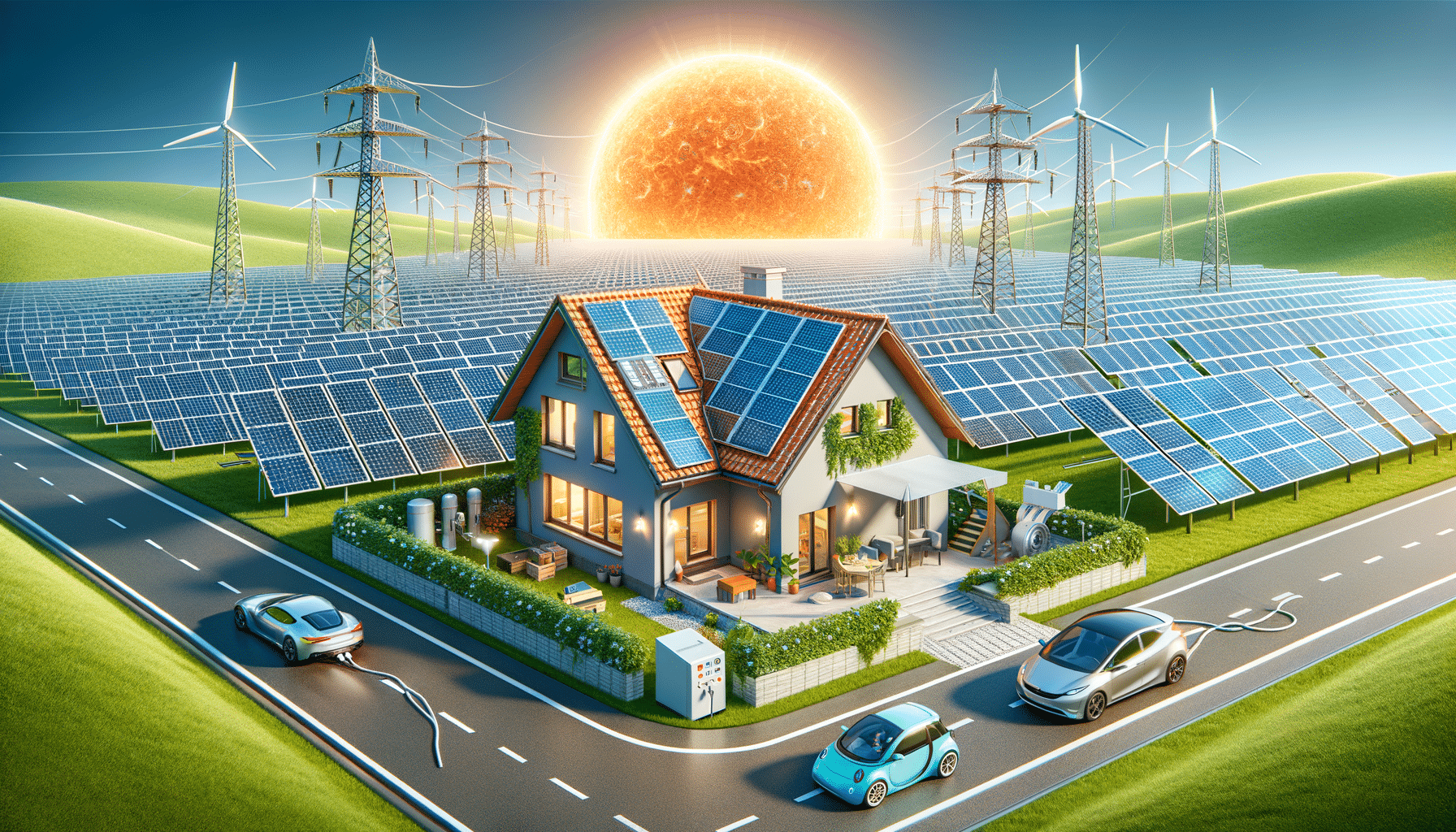
Everyday Use of Solar Panels
Introduction to Solar Systems and Panels
In today’s world, the demand for renewable energy sources is higher than ever. Solar panels have emerged as a practical solution, providing clean and sustainable energy for a variety of applications. As the global community becomes more environmentally conscious, understanding the role of solar panels in everyday life is crucial. This article explores the relevance and application of solar panels, highlighting their importance in meeting daily energy needs.
The Basics of Solar Energy
Solar energy is harnessed from the sun’s rays and converted into electricity using photovoltaic (PV) cells. These cells are the building blocks of solar panels. When sunlight hits the PV cells, it generates an electric current. This process, known as the photovoltaic effect, is the foundation of how solar panels work.
Solar panels are typically installed on rooftops or open spaces where they can receive maximum sunlight. The energy produced can be used immediately or stored in batteries for later use. This flexibility makes solar panels a versatile energy solution.
Key components of a solar panel system include:
- Photovoltaic cells: Convert sunlight into electricity.
- Inverters: Convert the direct current (DC) generated by the panels into alternating current (AC) for home use.
- Batteries: Store excess energy for use when sunlight is not available.
- Charge controllers: Regulate the flow of electricity to prevent overcharging of batteries.
Understanding these components is essential for anyone considering the adoption of solar technology.
Advantages of Solar Panels
Solar panels offer numerous benefits that make them an attractive energy solution. First and foremost, they provide a renewable source of energy, reducing reliance on fossil fuels. This shift not only helps in mitigating climate change but also reduces air pollution.
Another significant advantage is the potential for cost savings. While the initial investment in solar panels can be substantial, the long-term savings on electricity bills can be considerable. In many regions, government incentives and tax credits further enhance the financial benefits of installing solar panels.
Solar panels also offer energy independence. By generating your own electricity, you become less dependent on the grid, which can be particularly beneficial in areas prone to power outages.
Lastly, solar panels require minimal maintenance. With no moving parts, they are durable and can last for decades with proper care.
Challenges and Considerations
Despite their advantages, solar panels come with certain challenges. The most notable is the initial cost of installation. While prices have decreased over the years, the upfront investment can still be a barrier for some households.
Another consideration is the variability of solar energy. Since solar panels rely on sunlight, their efficiency can be affected by weather conditions and geographic location. In regions with limited sunlight, solar panels may not be the most effective energy solution.
Space is another factor to consider. Adequate space is needed for the installation of solar panels, which may not be feasible for all properties. Additionally, the aesthetic impact of solar panels can be a concern for some homeowners.
Finally, while solar panels are low maintenance, they do require occasional cleaning and inspection to ensure optimal performance.
Future of Solar Energy
The future of solar energy looks promising. Technological advancements continue to improve the efficiency and affordability of solar panels. Innovations such as bifacial panels, which capture sunlight from both sides, and solar tiles that blend seamlessly with roofing materials, are expanding the possibilities of solar energy applications.
As more countries commit to reducing carbon emissions, the demand for solar energy is expected to grow. This growth will likely lead to further developments in solar technology, making it accessible to a broader audience.
In conclusion, solar panels are a viable and sustainable energy solution for everyday use. Their ability to provide clean energy while offering financial savings and energy independence makes them an important component of the global shift towards renewable energy.


